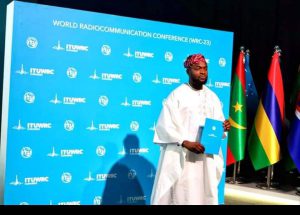
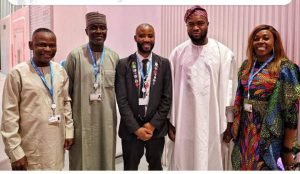
In a triumphant finale to the World Radiocommunications Conference (WRC) 2023, Nigeria enthusiastically embraced the global community by signing onto the illustrious Final Act WRC-23.
This consequential document encapsulates the pivotal decisions forged during the conference, featuring both groundbreaking and revised provisions within the Radio Regulations—an international treaty orchestrating the judicious use of radio-frequency spectrum and satellite orbits.
According to a press release signed by the Director Public Affairs of NCC, Mr Reuben Muoka, it states that guiding Nigeria through this momentous occasion was the dynamic trio of Dr. Bosun Tijani, the Minister of Communications, Innovation, and Digital Economy; Dr. Aminu Maida, the Executive Vice Chairman of the Nigerian Communications Commission (NCC); and Mrs. Jane Egerton-Idehen, the Managing Director of the Nigerian Communications Satellite Limited (NigComSat Ltd).

WRC2023, a global rendezvous held every three to four years by the International Telecommunication Union (ITU), saw countries converging to ink their commitment to an updated Final Act—an outcome shaped by diplomatic dialogues and negotiations initiated by administrations worldwide.
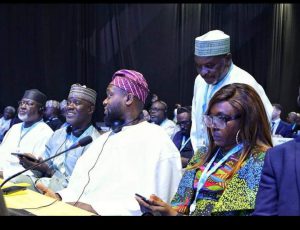
The jewel in the crown of this diplomatic triumph was the agreement on the updated Radio Regulations. This accord earmarked novel spectrum resources designed to catalyze technological innovation, deepen global connectivity, ensure equitable utilization of space-based radio resources, and fortify safety across air, land, and sea domains.
Among the groundbreaking decisions, the Conference identified spectrum for International Mobile Telecommunications (IMT), a linchpin for expanding broadband connectivity and ushering in the era of 4G, 5G, and the promising 6G. Additionally, the conference earmarked new frequencies for Earth Stations in Motion (ESIMs), heralding high-speed broadband accessibility in aircraft, vessels, trains, and vehicles—an invaluable resource, especially in the aftermath of disasters crippling local communication infrastructure.
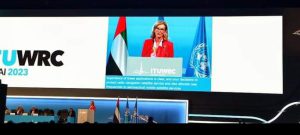
An integral part of these agreements was the protection of ship and aircraft mobile service stations navigating international airspace and waters from potential interference emanating from stations within national territories.
Moreso, the formidable Nigerian delegation, comprising seasoned engineers, telecommunications experts, and governance authorities from various agencies, demonstrated a unified front in championing the nation’s interests.
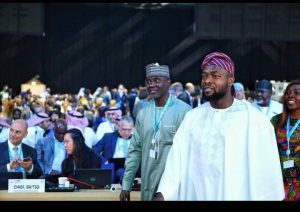
Acknowledging the sacrifices made, Dr. Bosun Tijani extended gratitude to the delegation, emphasizing that their efforts were dedicated to securing a prosperous future for Nigeria. He urged proactive preparation for future conferences, underlining the importance of capacity development through extensive research and collaborative efforts among agencies.
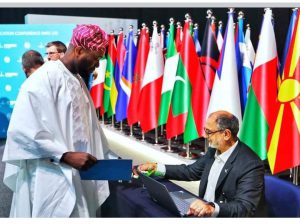
Similarly, commending the collaborative spirit of the delegation, Dr. Aminu Maida highlighted the profound impact of the conference’s decisions on Nigeria. He underscored the tangible benefits for ordinary Nigerians, citing enhanced service quality, bridging the digital gap in rural areas, and the alignment with Nigeria’s strategic plan for expanding broadband connectivity in tandem with global technological transitions.
In conclusion however, as the curtain fell on WRC-23, Nigeria emerged not only as a signatory to international agreements but as a trailblazer shaping the future of radiocommunications and technological landscapes.









